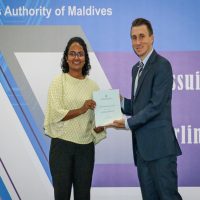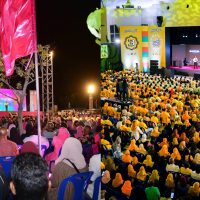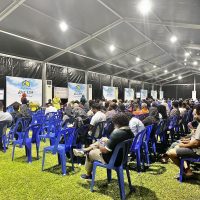1. Prime Suspects Found Guilty Of Killing Yameen Rasheed
Ismail Haisham Rasheed and Ahmed Zihan Ismail, the prime suspects in the brutal murder of liberal blogger Yameen Rasheed, were found guilty and sentenced to life imprisonment on Wednesday (19 January). But the criminal court acquitted co-defendants Hussain Ziyad, Hassan Shifaz, Mohamed Dhifraan and Ismail Rasheed, citing insufficient evidence.
Yameen Rasheed, a 29-year-old IT professional, satirist, and human rights defender, was stabbed to death in the stairwell of his apartment building in the early hours of 23 April 2017. The group of radicalised young men believed he deserved to be killed for “insulting Islam.”
Asked by the judge for the parent’s wishes after he passed the verdict, Yameen’s mother refused to seek the death penalty and chose diya (compensation). “The life of my son is invaluable. Yameen advocated fiercely against the death penalty and I do not wish to ask for it in his name. I have always respected and admired Yameen’s kindness and his belief that the right to life is fundamentally inherent to every human being,” Mariyam Shafeeqa told the court.
Under Islamic shariah, the heirs of murder victims are offered a choice between retaliation in kind or blood money. However, convicts sentenced to death are not executed as the Maldives has a de facto moratorium on capital punishment.
The slain blogger’s family urged the Prosecutor General’s office to appeal the acquittal of the co-defendants and called on the presidential commission on deaths and disappearances to thoroughly investigate the killing. The trial showed “the authorities’ impartiality and professionalism were compromised during the criminal investigation and prosecution,” the family said.
The family questioned the former prosecutor general’s decision to charge all six defendants with first degree murder despite evidence that only Haisham and Zihan entered the house and stabbed Yameen. The court also questioned why the others were not charged with aiding and abetting.
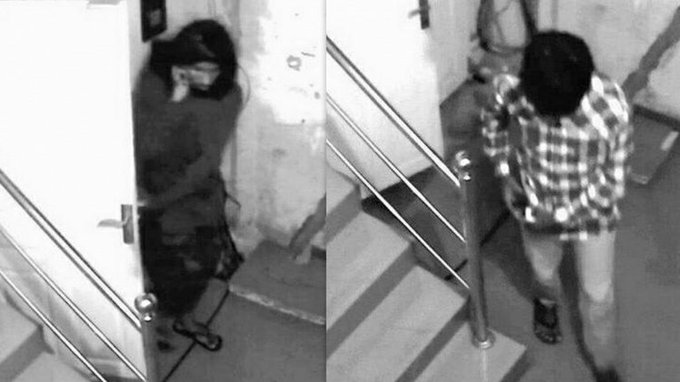
Other concerns include failure to submit crucial pieces of evidence, errors in the chain of custody document, the court and prosecution’s inability to counter delaying tactics used by defence lawyers, failure to identify people who financed or ordered the killing or to investigate local clerics who incited hatred and violence, failure to investigate intimidation of four key witnesses who refused to testify due to threats, and the changing of the presiding judge three times.
“Six random youth could not have organised a murder and have four of them get away with it. I want to know why the police have after almost five years, not been able to identify the people behind my brother’s murder. Why were they not charged adequately? Why did the Prosecutor General’s office take the easy way out?” asked Aishath Rasheed, Yameen Rasheed’s sister.
What’s Next: The long-awaited verdict clears the way for the presidential commission to independently investigate the murder. The probe had been on hold due to the ongoing trial.
Background: The commission previously revealed that Yameen’s murder had been “organised and financed” by a local extremist group affiliated with al-Qaeda that was also behind the abduction of journalist Ahmed Rilwan in August 2014 as well as the attempted murder of blogger Ismail Khilath Rasheed and the assassination of lawmaker Dr Afrasheem Ali in 2012. The same group destroyed pre-Islamic relics at the National Museum amid the transfer of power on 7 February 2012 and abducted several young men in June 2014.
2. Coalition Partners At Odds Over Niqab
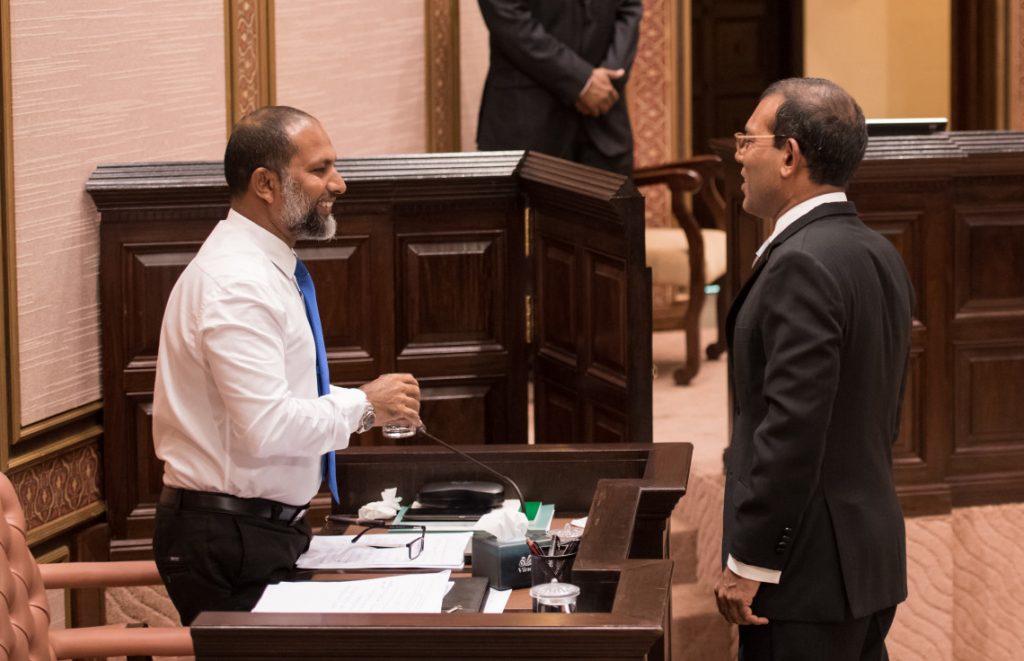
The Maldivian Democratic Party and coalition partner Adhaalath Party took opposing stands as the education ministry instructed teachers who wear the niqab to show their face during lessons, reviving a long-running debate about the face veil.
In a letter on Monday, Adhaalath Party leader Sheikh Imran Abdulla – also home minister of the diverse MDP-led coalition government – reportedly urged the education ministry to review its new guidelines as “women who wear the niqab should have the opportunity to serve the public as teachers or in other capacities.” The country’s dress code should adhere to Islamic standards, he said, noting that a relatively high proportion of women wear the niqab.
In response, the MDP asserted that the identity of teachers should be clear for the safety and best interests of pupils, which has been the “age-old custom” in the country’s schools. “This party is extremely concerned that any one who speaks in this vein on this matter is characterised as an apostate whose blood [killing] is permitted,” it added.
Point: The education ministry on Thursday defended its directive, which was based on the “expert consensus” that non-verbal behaviour and facial expressions play an important role in drawing the attention of pupils and helping them comprehend lessons. The ministry denied discrimination against women who wear the face-covering and noted that a civil service niqab ban was lifted by the current administration in 2019.
Counter-point: Adhaalath asked the ministry to ensure a school environment where women could safely unveil their face in class. But failure to do so should not deprive women of the right to work in education, the party said, citing President Ibrahim Mohamed Solih’s pledge to end discrimination over the niqab and long beards.
Background: During the previous government, a teacher was sacked for refusing to remove her niqab and several immigration officers were sacked for refusing, on religious grounds, to trim their beards and lower the hem of their trousers below the ankles.







